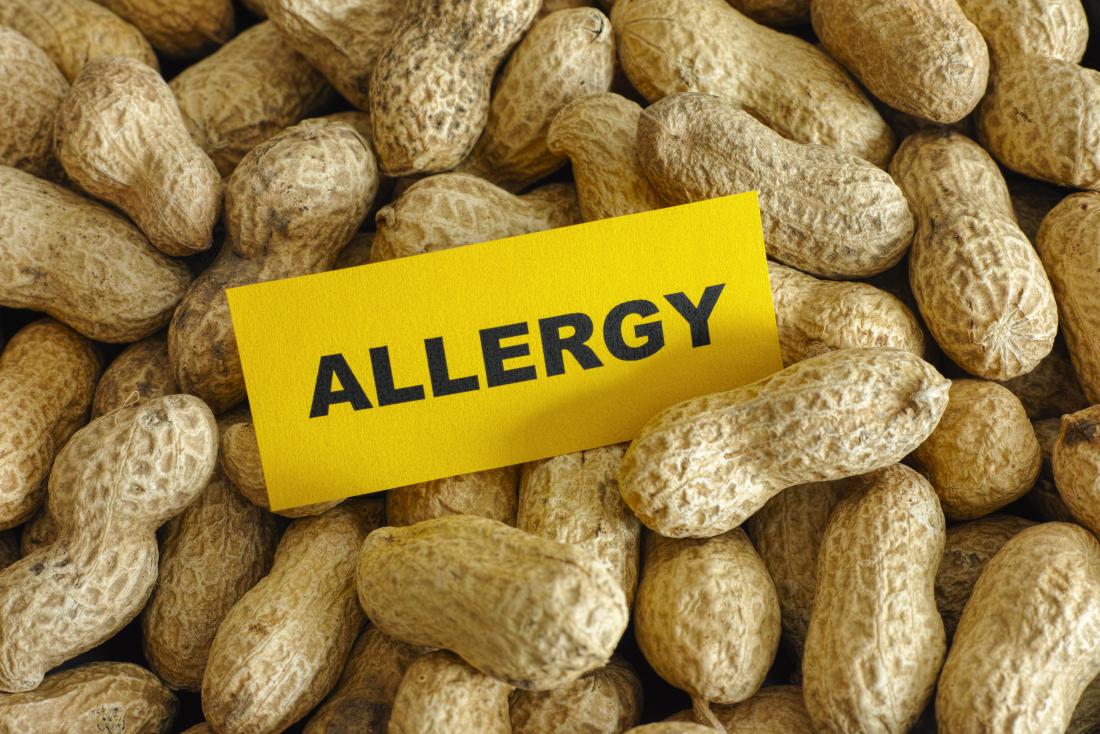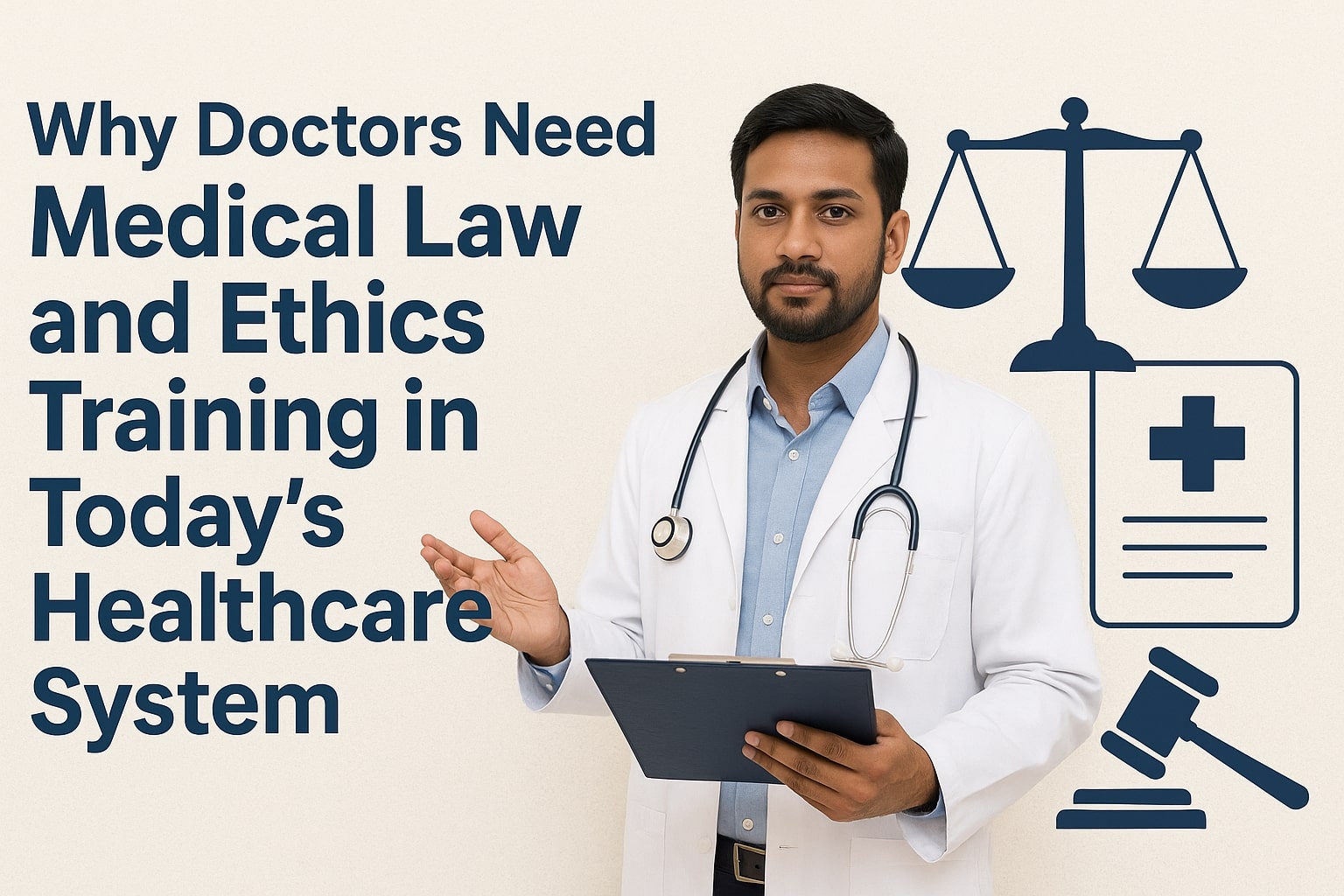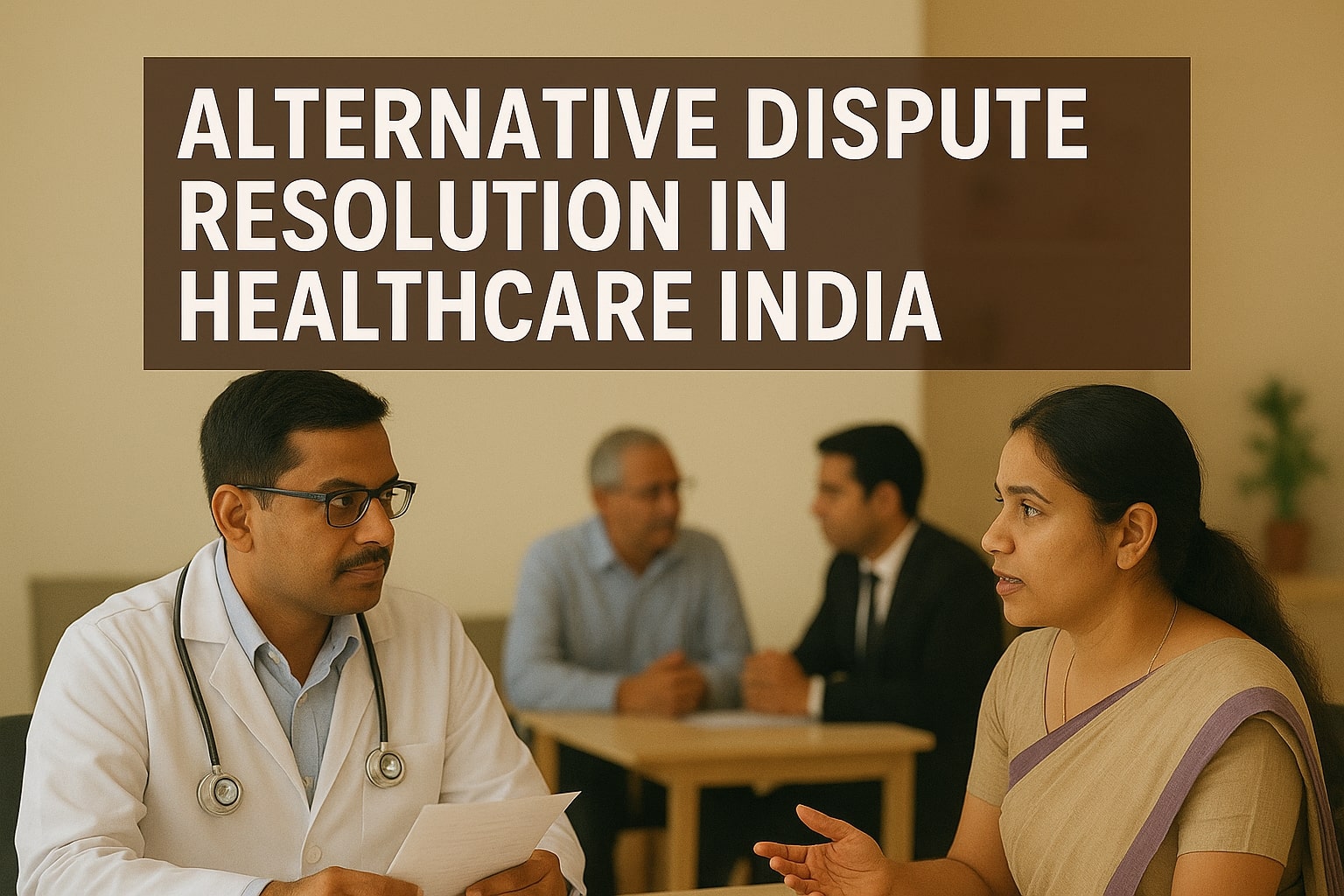Chikungunya Vaccine Could Drastically Reduce Global Disease Burden, Review Suggests
A recent comprehensive review published in Nature Medicine evaluated the global impact of Chikungunya virus (CHIKV) and the effectiveness of newly approved vaccines. Researchers analyzed data from 180 countries, identifying 104 with ongoing or past CHIKV transmission, exposing around 2.8 billion individuals. Annually, an estimated 35.3 million infections occur, with outbreaks every 6.2 years on average.
The study focused on the IXCHIQ vaccine (VLA1553, by Valneva), recently approved by the FDA and EMA, though projections did not include the VIMKUNYA vaccine. IXCHIQ’s approval was based on immunological data rather than traditional phase 3 trials, due to the sporadic nature of CHIKV outbreaks.
Using statistical modeling, researchers simulated the potential public health benefits of vaccination campaigns. With assumptions of 70% vaccine efficacy, 40% infection prevention, and 50% population coverage (for ages 12+), results indicated that every 100,000 doses could prevent approximately 4,400 infections, 0.35 deaths, and save 17 DALYs. The vaccine’s projected impact is notably higher in epidemic zones than in endemic areas, with an 83% greater effect.
The review incorporated seroprevalence data, national surveillance reports, and mosquito distribution maps to classify transmission patterns and identify high-risk regions. While CHIKV-related mortality is rare, its high morbidity, especially in neonates, elderly, and immunocompromised populations, supports urgent vaccine deployment strategies.
Researchers stressed the need for localized vaccination plans, especially where outbreak detection systems are robust. They also acknowledged that adverse events such as arthralgia occurred in trials, though typically mild.
In conclusion, the study emphasizes that CHIKV vaccination, particularly with IXCHIQ, can play a crucial role in reducing infections and suffering worldwide, provided rollout strategies are tailored, timely, and based on reliable surveillance data.








